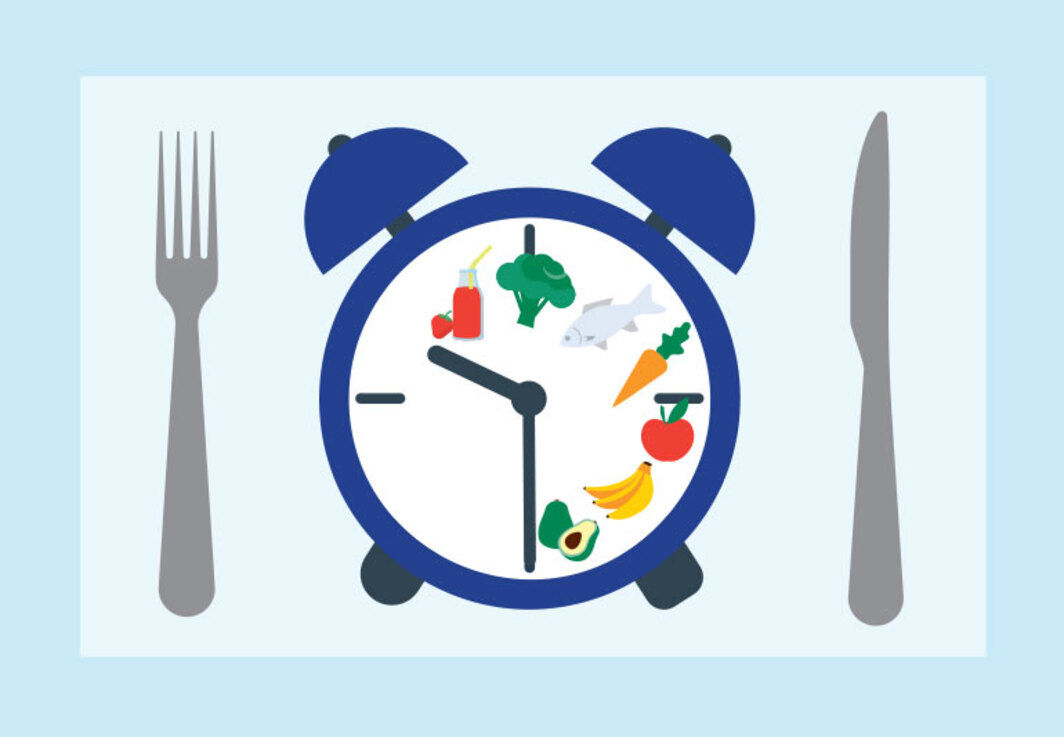Diabetes Management
Understanding the Risks of Diabetic Shock and Insulin Reaction
1 min read
By Apollo 24|7, Published on - 17 May 2024
Share this article
0
0 like
.jpg?tr=q-80)
Severe hypoglycaemia, often known as diabetic shock or insulin reaction, is a serious medical condition that can occur in individuals managing diabetes. It's characterised by a sharp drop in blood glucose levels. Understanding the causes, symptoms, treatment, and prevention of insulin shock can help those with diabetes to manage their condition more effectively.
Symptoms and Causes of Diabetic Shock
Diabetic shock is typically caused by an overdose of insulin, skipped meals, increased physical activity without appropriate food intake or insulin adjustment, and alcohol consumption without eating. Symptoms can range from dizziness, shaking, sweating and rapid pulse to confusion. In severe cases, insulin shock can lead to seizures or loss of consciousness.
How to Treat Diabetic Shock
Immediate attention is needed to treat insulin shock. Consuming 15 grams of fast-acting carbohydrates like glucose tablets, fruit juice, or hard candies can help restore blood glucose levels. If the affected individual is unconscious, they may require an injection of glucagon or intravenous glucose in a hospital setting.
Preventing Diabetic Shock
To avoid this alarming situation, the following strategies can be helpful:
- Ensure to eat after taking insulin.
- Always keep glucose tablets or hard candy within reach.
- Adjust insulin doses per your exercise goals.
- Use a continuous glucose monitor to detect a dip in blood sugar levels.
- Wear a medical ID bracelet for emergencies.
Prevention is better than cure is apt for diabetes management. Recognising symptoms of insulin shock, facilitating prompt treatment, and adopting preventive measures can effectively mitigate this dangerous emergency.
Diabetes Management
Consult Top Diabetologists
View AllLeave Comment
Recommended for you

Diabetes Management
Diabetic Foot: Can it be Prevented?
The development of diabetic foot can be prevented through various measures. Effective prevention includes regular foot care, such as daily inspection and cleaning, wearing comfortable and proper-fitting shoes, managing blood sugar levels, controlling blood pressure and cholesterol, maintaining a healthy lifestyle, avoiding smoking and alcohol consumption, and seeking immediate medical attention for any foot issues.

Diabetes Management
Intermittent Fasting's Impact on Blood Sugar Control
Research has demonstrated that Intermittent Fasting (IF) is a valuable practice that can aid in regulating blood sugar levels. This rhythmic eating pattern resets your body's metabolic functions, enhances insulin sensitivity, and manages weight effectively. It's not just a diet; it's a holistic journey to a healthier you!

Diabetes Management
Psychological Challenges of Living with Diabetes
Diabetes causes psychological stress due to self-management, fluctuating glucose levels, and fear of complications. Social factors like stigma also contribute. Support systems and holistic care are crucial for managing these challenges and leading fulfilling lives.
Subscribe
Sign up for our free Health Library Daily Newsletter
Get doctor-approved health tips, news, and more.
Visual Stories

8 Fruits That are Incredibly Healthy for Diabetes
Tap to continue exploring
Recommended for you

Diabetes Management
Diabetic Foot: Can it be Prevented?
The development of diabetic foot can be prevented through various measures. Effective prevention includes regular foot care, such as daily inspection and cleaning, wearing comfortable and proper-fitting shoes, managing blood sugar levels, controlling blood pressure and cholesterol, maintaining a healthy lifestyle, avoiding smoking and alcohol consumption, and seeking immediate medical attention for any foot issues.

Diabetes Management
Intermittent Fasting's Impact on Blood Sugar Control
Research has demonstrated that Intermittent Fasting (IF) is a valuable practice that can aid in regulating blood sugar levels. This rhythmic eating pattern resets your body's metabolic functions, enhances insulin sensitivity, and manages weight effectively. It's not just a diet; it's a holistic journey to a healthier you!

Diabetes Management
Psychological Challenges of Living with Diabetes
Diabetes causes psychological stress due to self-management, fluctuating glucose levels, and fear of complications. Social factors like stigma also contribute. Support systems and holistic care are crucial for managing these challenges and leading fulfilling lives.


